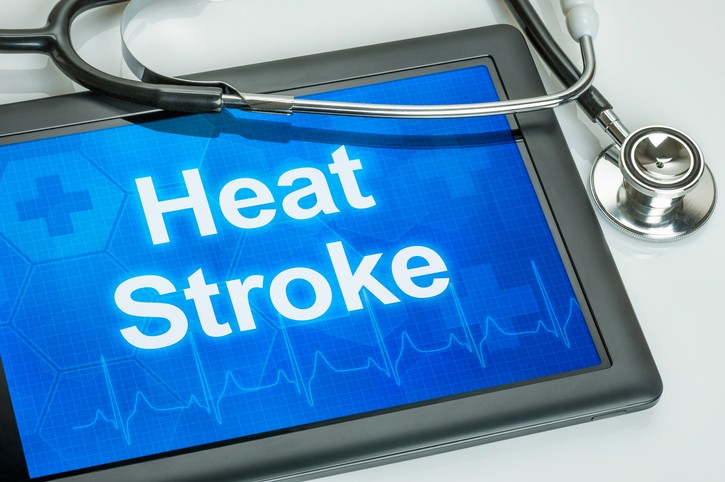Beyond the Chill: Understanding Raynaud's Phenomenon
JAN 29, 2026Raynaud's phenomenon is a rare disorder that affects the blood vessels, most commonly in the fingers and toes, but sometimes also in the nose, ears, or lips.
Read More
Heat stroke is an elevated body temperature associated with altered mental status—confusion, weakness, dizziness. It can happen quickly, in as little as five minutes in certain temperatures.
People who are either really old or really young have a lot of trouble acclimating their body to the excessive heat outside. It’s important to get them out of the hot weather and make sure they’re getting enough fluids.
With elderly people, sometimes medications affect their ability to sweat and to regulate their body temperature. So, elderly people can be more susceptible to heat stroke.
To prevent heat stroke, you need to be very mindful of staying hydrated all the time. At this time of the year, the goal is to avoid the really hot parts of the day, to not be outside for excessive amounts of time, and to pay special attention to young children. Certainly with sports and practices, keep the kids well hydrated and give them a chance to be in the shade.
Be mindful to not forget children or pets inside of vehicles. Every year across the United States we see tragedies where children or pets are left inside hot vehicles.
If your child, friend or neighbor is experiencing signs of heat stroke—altered mental status, confusion, weakness, dizziness—please get them out of the heat. Then, get them water, and seek emergency medical attention for any severe signs or symptoms.
For more questions, reach out to your CHI Health Primary Care Provider.

Raynaud's phenomenon is a rare disorder that affects the blood vessels, most commonly in the fingers and toes, but sometimes also in the nose, ears, or lips.
Read More
Winter brings beautiful snowy landscapes and cozy evenings, but the cold, dry air—indoors and out—can be harsh on our hands, leading to dryness, cracking, and even more serious issues like frostbite. Protecting your hands is crucial for comfort and s...
Read More
While BMI can be a useful screening tool for populations, relying solely on this single number to define an individual's health and dictate weight management strategies is outdated and often misleading.
Read MoreWhen you need local health information from a trusted source, turn to the CHI Health Better You eNewsletter.